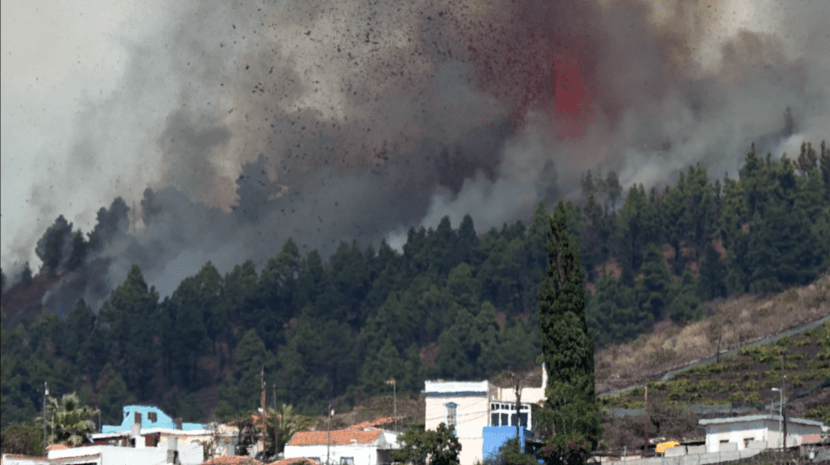Today the President of the Regional Government, Miguel Albuquerque, visited the Regional Civil Engineering Laboratory (LREC), to learn about the new features of the new Integrated System for Monitoring and Alerting Natural Risks in the Region (SIMARN).
This additional decision support system will be connected to all the municipalities by the end of the month. This first phase will cost in the region of €3 million, but more than €10 million will have been invested when the project goes fully live in 2025.
The system allows for live observation, through cameras located in various points across the region, and is capable to detecting and monitoring landslides and alluvium in adverse weather conditions or prolonged precipitation, indicates risk locations through an easy-to-read graphic platform developed for this specific purpose and provides several geophysical variables for quantification risks calculations.
In terms of monitoring forest fires, the system assesses in real time the probabilistic level of the occurrence of fires at any point on the island of Madeira depending on weather conditions, autonomously detects ignition points in the areas under surveillance and positions the respective geographical coordinates on the graphics platform. With regard to remote detection and remote surveillance of fires, only forest areas in the municipalities of Calheta, Porto Moniz, Ponta do Sol, São Vicente and Funchal are currently monitored.
Several video surveillance cameras make it possible to view, at any given moment, water levels in rivers and streams and assesses the risk of flooding. However, as yet only two of the regional municipalities water courses are covered by surveillance cameras, namely Funchal and Ribeira Brava.
Miguel Albuquerque highlighted the importance of this system for preventing and monitoring fires, landslides and floods as a way of protecting the population, stating that this regional project that can be implemented in other parts of the world
Although the system is functional, it is not expected to be fully rolled-out until the end of 2023/ beginning of 2024. Howver, this depends on securing adequate funding.
Samantha Gannon
info at madeira-weekly.com


